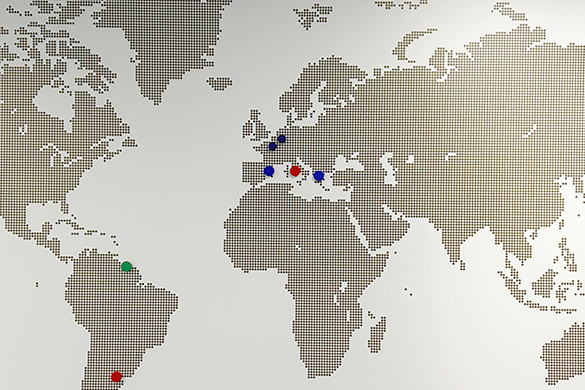European Central Bank: Traineeship in IT Security
Characteristics
Grant: The trainee grant is €1,070 per month plus an accommodation allowance
Duration: Traineeship of between 6 and 12 months in total
Working time: Full time
Place of work: Frankfurt am Main, Germany
Closing date: 10.10.2022
Your role
You will gain insight and hands-on experience in the real-life application of IT security according to international standards and methods. You will work in a team under the guidance of a mentor, taking initiative and contributing to the work of your division.
As a trainee in the Digital Security Services Division, you will:
- contribute to security engineering, security operations or security governance activities in areas such as IT risk management, communication and network security, identity and access management, cloud security, vulnerability management, penetration testing, threat intelligence and security awareness.
As a trainee in the Supervisory Risk – Non-Financial Risk Division in ECB Banking Supervision, you will:
- contribute to supporting Joint Supervisory Teams in IT risk supervision (in areas such as cyber incident reporting, IT metrics and training);
- participate in IT risk data analysis for the preparation of notes, memoranda, external publications and dossiers.
Qualifications, experience and skills
Essential:
- a bachelor’s degree or higher in the field of computer science, IT engineering, mathematics or another relevant field;
- good IT and analytical skills;
- familiarity with one or more information security or cyber resilience concepts such as IT risk management, identity and access management, network security, threat intelligence, security assessment and vulnerability management;
- a good knowledge of Microsoft Office;
- an advanced (C1) command of English and an intermediate (B1) command of at least one other official language of the EU, according to the Common European Framework of Reference for Languages.
Desired:
- knowledge of international IT security standards or frameworks (e.g. the ISO 27000 family, COBIT or NIST);
- programming or scripting skills relevant to security engineering or data analysis;
- knowledge of operational risk management frameworks.
Further information here







